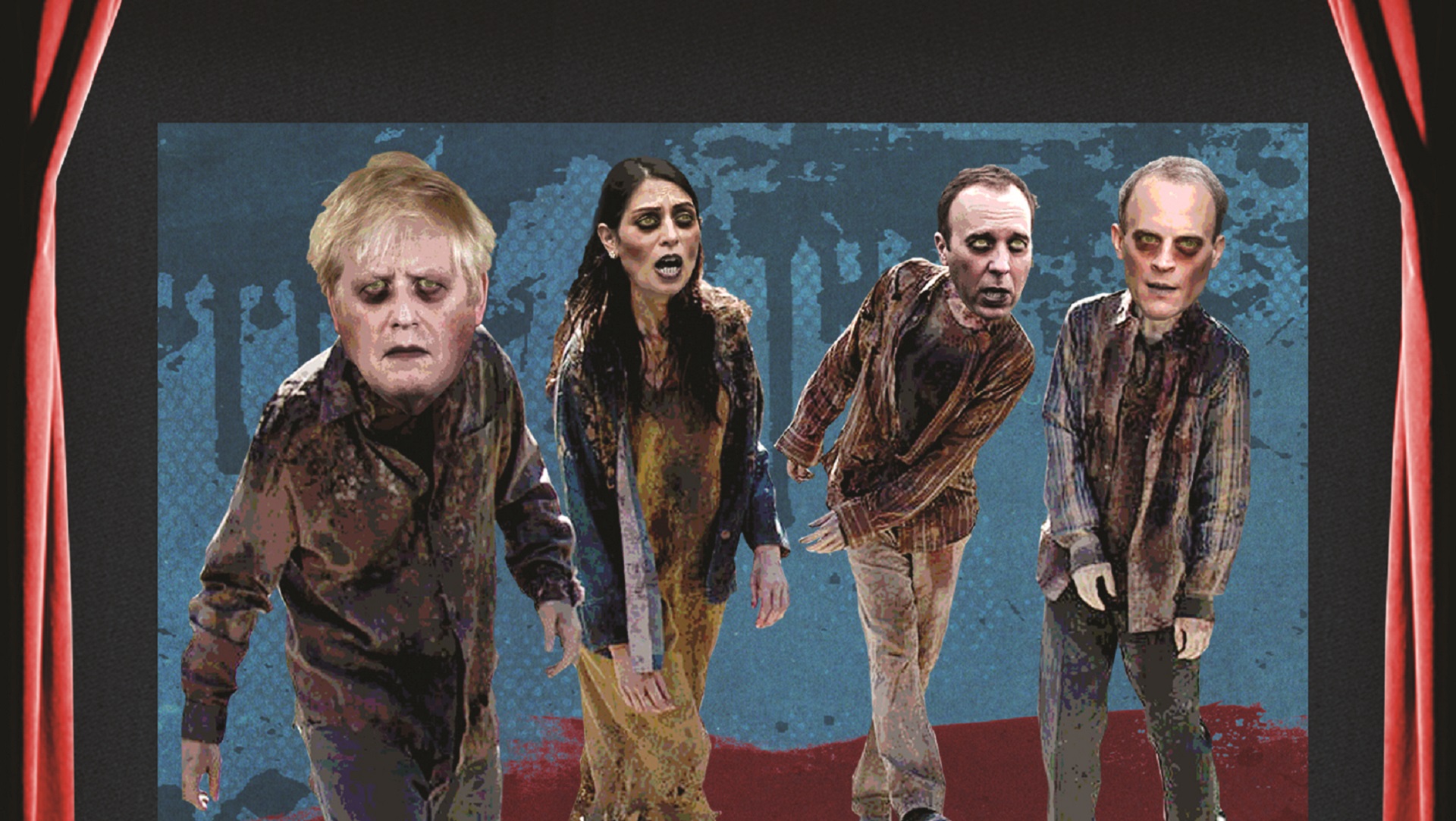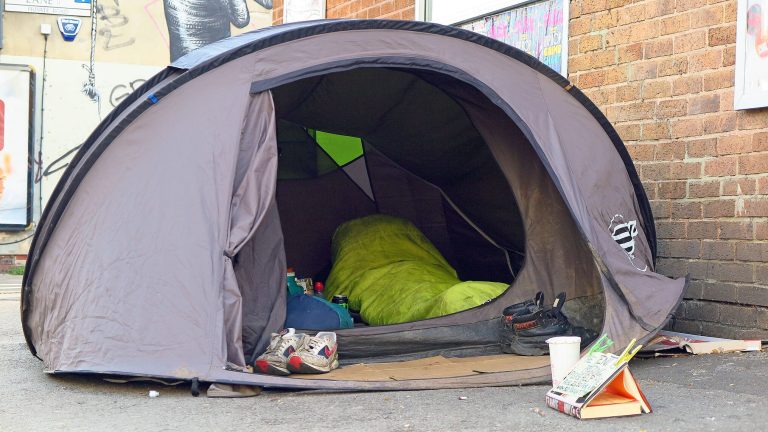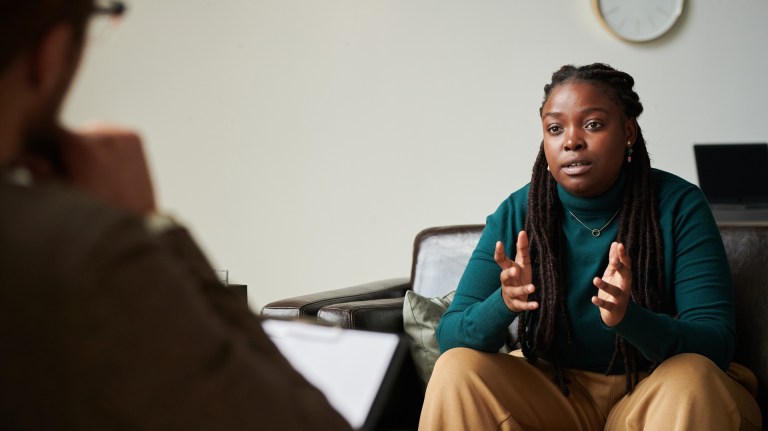It soon reached British shores, with The Telegraph covering the academic study. They opted for: “Zombie film fans were better prepared for coronavirus, says study” and cited films like Danny Boyle’s 28 Days Later and the George Romero classic Dawn of the Dead as examples.
But is it true that the gory fiction proves to be an advantage?
Facts. Checked
If it is true, this study does little to prove it.
Participants were asked a series of questions in an online survey to determine their taste in films, with ‘prepper films’, where the imagined world is illustrative of real-life chaos, and horror films of particular interest.
They were then asked pandemic-specific questions to determine how their attitudes had changed during the uncertain period, as well as being quizzed on their psychological resilience and their preparedness for the global crisis.
In the results, researchers reported that fans of horror films exhibited less psychological distress, showed greater positive resilience and reported being more prepared during Covid-19, while morbidly curious people were more interested in pandemic films.
The problem here is that this study is a small one, with just 310 replies to the online survey used to determine its data. A tiny sample size when you consider, for example, that Netflix has a reported 195 million global subscribers who have been consuming films throughout the pandemic. The study is also a correlational one so can show a link between two factors, but cannot offer any conclusive proof.
This is acknowledged within the study. The authors said: “While we control for several individual differences in our models to try to target the effect of horror or prepper genre fandom, further research is needed to determine the exact nature of the causality. It is unclear that simply watching more horror or prepper genre films would increase psychological resilience across the board.”
And, in fact, the academics are also open to the idea that some viewers may find the films to be less useful, even leading to “increased anxiety and psychological distress”.
As a result, the headlines here are too certain about the findings of the study. It could also be argued the study’s focus on the mental side of viewing the films does not come across in the headlines.
Survival in horror or prepper films often requires more than just mental preparation, and the headlines may conjure up images of scavenging for resources or surviving in unfamiliar groups of people without making the distinction. Arguably, these skills have not proven to be useful in the current lockdown conditions.
Still, this study into morbid curiosity is undoubtedly an intriguing one and, as the researchers admit themselves, “the underlying benefits (or detriments) of frightening entertainment on psychological resilience is a promising avenue for future research”.
Perhaps, unlike a zombie, this study can be revived in a more conclusive form to prove its point once and for all.










